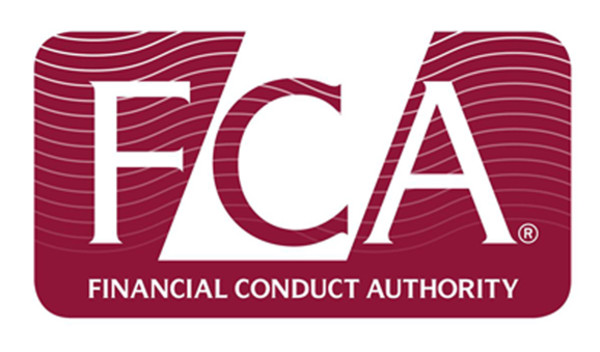While commentators may argue over the immediate drivers for these particular conduct scandals, most were agreed on one thing: trust between the industry and consumers had been eroded.
As far back as 2009, under (Lord) Adair Turner’s leader-ship of the then FSA, the ‘culture’ of the industry became the subject of scrutiny by regulators, parliament and media commentators as being a root cause.
An industry that was perceived as offering conspicuous bonuses on the reward upside with little of the downside risk, and where the consequences of wrongdoing or mistakes end up being shouldered by consumers and taxpayers was destined to attract such scrutiny.
To this day, the belief that cultural problems lie at the root of the major conduct failing in financial services remains the cornerstone for the FCA’s approach to regulation.
This much is clear from a discussion paper published by the FCA in March this year, ‘Transforming Culture in Financial Services’.
The fact that the FCA decided to approach this subject though publishing a discussion paper comprising essays on culture from a wide variety of contributors (industry, regulators and academics) suggests they are still some way from decidingon the best regulatory interventions that will bring about cultural change. However, there is one clear pointer towards how the FCA approaches the issue.
In describing the fundamental concepts that underpin the FCA’s thinking about culture and regulation, Jonathan Davidson, the FCA’s director of supervision, says: “The first [concept] is that regulation has to hold the individuals as well as the firm to account….From start-ups to large corporations, clear accountability for individuals is fundamental.”
The SMCR
In the meantime, parliament felt the need to give the regulators a steer in the right direction. Following the Libor rate-rigging scandal, the Parliamentary Commission on Banking Standards was appointed to conduct an inquiry into professional standards and conduct in the UK banking sector.
The commission’s report in 2013, Changing Banking for Good, made multiple recommendations. A key area for the recommendations was holding individuals to account.
The commission concluded that many bankers, particularly at senior level, had been allowed to operate with very little personal accountability. When things went wrong, individuals claimed ignorance or hid behind collective decision-making, and there was often little realistic prospect of enforcement action.
The commission made several recommendations for improving accountability. This included a framework for individuals with a senior managers’ regime and a set of conduct rules for all people employed in banks.
It also made several recommendations designed to cut through the ‘accountability firewall’ so that tough penalties could be imposed on individuals.











